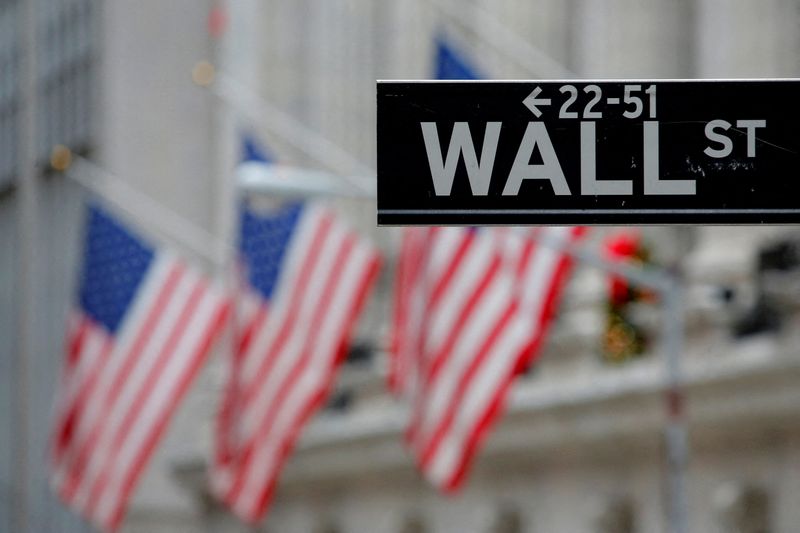US SEC votes to allow half-penny stock pricing
By Douglas Gillison
(Reuters) -Wall Street's top regulator on Wednesday unanimously voted to allow stock exchanges to price many shares in increments of half a penny, rather than the current minimum size of 1 cent, aiming to promote more competitive pricing and reduce investor costs on the $55 trillion U.S. equities markets.
The new rule should also help stock exchanges compete with off-exchange trading venues, which represent nearly half of trading volume and can already offer smaller price increments, officials at the U.S. Securities and Exchange Commission said.
After the vote by the commission's five members, SEC Chair Gary Gensler said the new rules would promote transparency, fairness and efficiency. "That goes to the heart of the SEC's mission. The reforms are pro-investors. They are pro-capital formation," he said in a statement.
The new rule marks another step in the SEC's plans to adopt what would be the most important market structure reforms in nearly 20 years. However, the SEC faces election-year headwinds in completing all the changes unveiled in 2022.
The rules apply to the highly technical space between prices stock sellers are willing to accept in a trade and what buyers are willing to pay, known as the bid-ask spread.
Allowing prices to be quoted in increments, or "tick sizes," of less than a penny will result in narrower spreads, cutting transaction costs and allowing for more aggressive pricing, according to the SEC.
"This is an industry where people will sell their grandmothers for four basis points," James Angel, a professor at Georgetown University's McDonough School of Business, said ahead of the vote. "But for the retail investor who buys and sells a share here and there, they're not gonna notice a difference."
Prior to the vote, SEC officials told reporters that 2023 data showed that as many as 1,700 stocks would have qualified as "tick constrained" under the rule due to be adopted, meaning a weighted average of the spread was 1.5 cents or less over a certain period.
The SEC's decision not to include pricing increments smaller than half a cent represents a likely win for industry, which had favored the half-penny increment and objected to sizes included in the 2022 proposal that were as small as a fifth or a tenth of a cent.
The changes adopted Wednesday will also further limit the fees that stock exchanges can charge for access to their marketplaces, denying them a share of revenue.
In a statement, Nasdaq said it was still assessing the rule but warned it would cause "serious harm" on the strength of stock markets in the long term.
"Our initial assessment suggests that the commission's rules lack foresight and do not consider the intricate dynamics of the equity market, ignoring the concerns expressed by a diverse array of market participants," it said.
However, Bryan Corbett, president of the Managed Funds Association, an investment industry lobby group which has sued aggressively to block other SEC regulations during Gensler's tenure, welcomed the change, saying in a statement that investors would benefit from improved market liquidity, efficiency and resiliency.
In reacting to the initial proposal, market maker Citadel Securities had forcefully criticized the SEC's market structure proposals, saying tick sizes smaller than half a penny threatened to reduce liquidity and worsen investor panic in times of stress. The company did not immediately respond to a request for comment.
In general terms, market liquidity suppliers like Citadel stand to benefit from wider tick sizes, according to Georgetown's Angel.
The new rules are due to take effect in November 2025.
They SEC's market structure reforms are in part driven by the GameStop (NYSE:GME ) trading frenzy of 2021, in which retail traders suffered substantial losses.
The agency last year shortened the trading settlement cycle to help reduce default risk and in March of this year adopted rules requiring expanded public reporting on the quality of trade executions by broker-dealers and others.
Source: Investing.com
